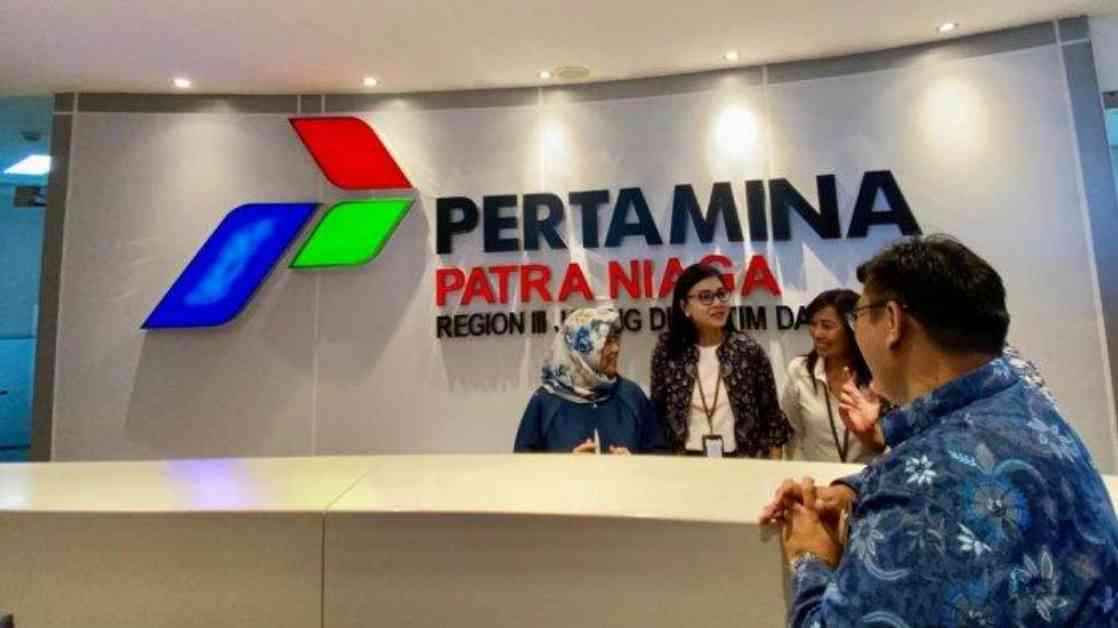The Indonesian Attorney General’s Office (Kejagung) is actively investigating allegations of corruption in the management of crude oil and refinery production at PT Pertamina during the 2018-2023 period, which is believed to have cost the country a staggering Rp193.7 trillion.
Harli Siregar, the Head of Legal Information Center at Kejagung, revealed that four witnesses have been questioned in connection to the case. These witnesses are integral to shedding light on the actions of Riva Siahaan, the CEO of PT Pertamina Niaga, and six others who have been identified as suspects.
The four witnesses include FTS, the Manager of Market Research & Data Analysis at PT Kilang Pertamina Internasional, MIS, the Coordinator of Governance and Management of Downstream Oil and Gas Business Commodity at the Directorate of Downstream Business Development, General Directorate of Oil and Gas of the Ministry of Energy and Mineral Resources (ESDM) of the Republic of Indonesia. Additionally, AA, the QMS Manager at PT Pertamina (Persero), and RM, the Environmental Impact Assessment (AMDAL) Compiler at PT Bumi Enggang Khatulistiwa, were also among those interviewed.
While the specifics of the interrogation conducted by the prosecutors of the Special Crimes Deputy Attorney General’s Office (JAM Pidsus) at Kejagung have not been disclosed, Harli emphasized that these four individuals were questioned in relation to the ongoing investigation into the alleged corruption involving crude oil.
“The questioning of witnesses is essential to strengthen evidence and complete the case file,” Harli stated.
On Monday, Kejagung formally named seven individuals as suspects in the corruption case involving the management of crude oil and refinery products at PT Pertamina Persero, Subholding, and Contractor Cooperation Contract (K3S) from 2013 to 2018. This development marks a significant progression in the investigative efforts undertaken by Kejagung.
Abdul Qohar, the Director of Investigation at Jampidsus Kejagung, explained that the seven suspects were identified following a thorough review and exposé of the case, which uncovered a series of corrupt activities. The decision to designate these individuals as suspects was based on compelling evidence gathered from at least 96 witnesses, expert testimonies, and electronic documents seized during the investigation.
“Given the weight of the evidence, the investigative team decided to name these seven individuals as suspects,” Qohar announced during a press conference held at the Kejagung Building on Monday night.
Expert Insights on Combating Corruption
As the investigation into corruption within PT Pertamina unfolds, experts in the field of governance and anti-corruption measures stress the importance of transparency and accountability in preventing such egregious financial misconduct.
Dr. Maya Sari, a renowned anti-corruption advocate and legal scholar, emphasizes the critical role of government institutions in upholding ethical standards and combating corrupt practices within state-owned enterprises.
“Cases of corruption, especially within vital sectors like oil and gas, highlight the urgent need for robust oversight mechanisms and stringent enforcement of anti-corruption laws,” Dr. Sari asserts.
Furthermore, Dr. Ahmad Rizal, an economist specializing in resource governance, underscores the detrimental impact of corruption on national economies and the imperative of rooting out corrupt practices to ensure sustainable economic development.
“Corruption not only erodes public trust in institutions but also diverts crucial resources away from essential services and infrastructure projects, hindering long-term growth and prosperity,” Dr. Rizal warns.
Implications for Indonesia’s Energy Sector
The unfolding corruption scandal at PT Pertamina has significant implications for Indonesia’s energy sector, raising concerns about governance, accountability, and the overall integrity of the country’s oil and gas industry.
Industry analysts predict that heightened scrutiny and legal action resulting from the investigation may lead to a reevaluation of corporate practices, regulatory frameworks, and oversight mechanisms within the sector.
“Cases of corruption within major state-owned enterprises like PT Pertamina can have far-reaching consequences, impacting investor confidence, regulatory stability, and the overall competitiveness of Indonesia’s energy sector,” notes Dr. Yuniarto, a leading energy economist.
The outcomes of the investigation and subsequent legal proceedings are likely to shape the future trajectory of Indonesia’s energy sector, influencing policy reforms, corporate governance standards, and public perception of the industry.
Stay tuned for further updates on this developing story as Kejagung continues its probe into the alleged corruption at PT Pertamina.






















